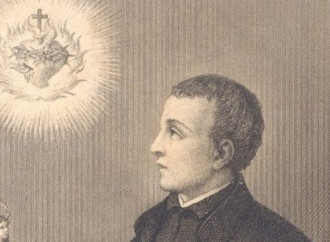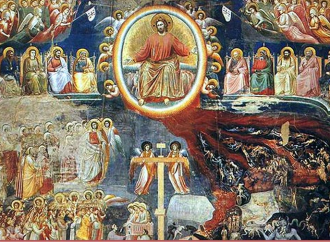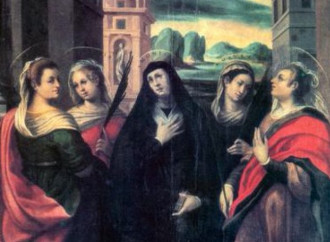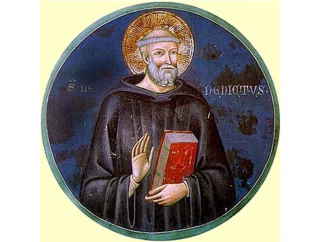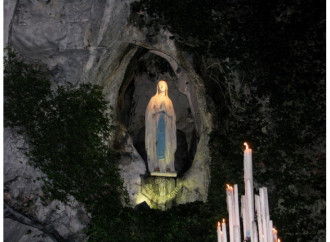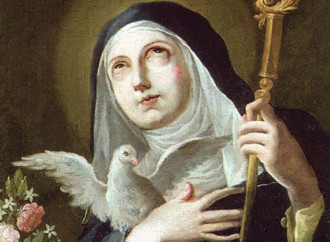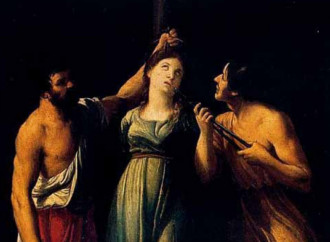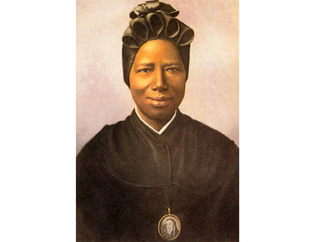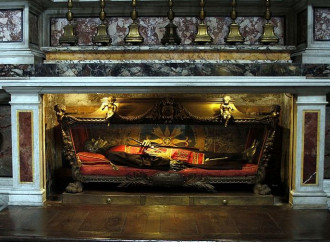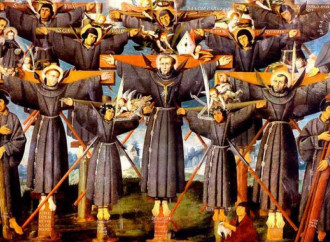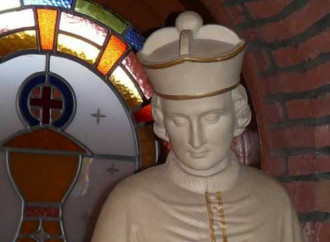Saint Claude de la Colombière
He became the confessor of saint Margaret Mary Alacoque and worked tirelessly, both writing and preaching, to spread the devotion to the Sacred Heart of Jesus
Ash Wednesday
Ash Wednesday marks, in the Roman rite, the beginning of Lent
Saint Benedict of Aniane
He was among the protagonists of the Carolingian Renaissance, defended orthodoxy and contributed to spreading the Rule of Saint Benedict of Nursia throughout the Holy Roman Empire.
Our Lady of Lourdes
On February 11, 1858, at the Massabielle cave in Lourdes, the Blessed Virgin appeared to the 14-year-old Bernadette Soubirous, an illiterate peasant. It was the first of a series of eighteen Marian apparitions
Saint Scholastica
St. Benedict's sister is invoked against storms and lightning because of the famous miracle narrated in the Dialogues of Saint Gregory the Great
Saint Apollonia
Her martyrdom was the consequence of the preaching of a fortune-teller who had incited the pagan crowds of Alexandria to persecute Christians
Saint Josephine Bakhita
In the encyclical Spe Salvi, Benedict XVI draws on the life of Josephine Bakhita for a meditation on hope, a theological virtue that had entered powerfully in the life of the Sudanese Saint thanks to the knowledge of the true God
Saint John of Triora
He was one of the missionaries who proclaimed Christ in China without yielding to compromise, to the point of sacrificing their lives
Holy Martyrs of Nagasaki
The Church today remembers the martyrdom that took place on February 5th, 1597 on a hill near Nagasaki, where 26 crucified Christians glorified Christ to their last breath.
Saint Agatha
She is among the seven ancient martyrs – together with Lucy, Agnes, Anastasia, Cecilia, Felicita and Perpetua – to be invoked in the Roman Canon
Saint Gilbert of Sempringham
He was the founder of the only religious order that was entirely English
